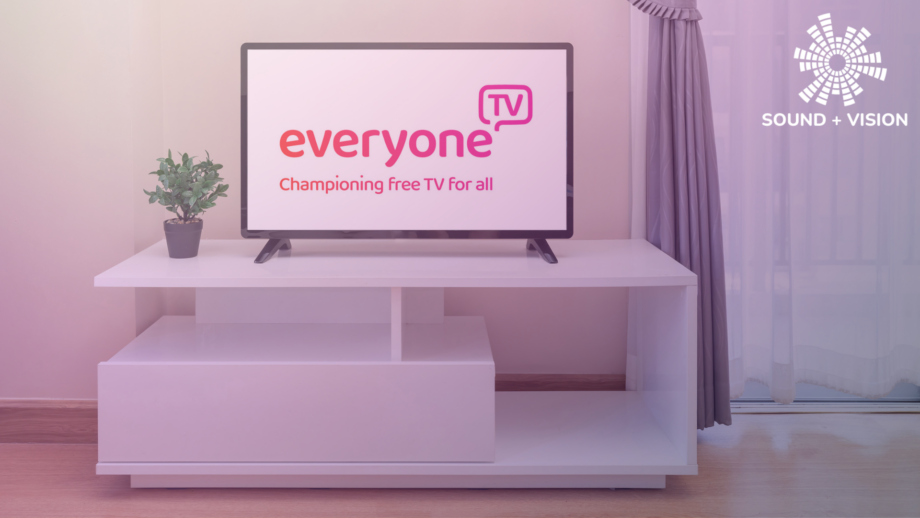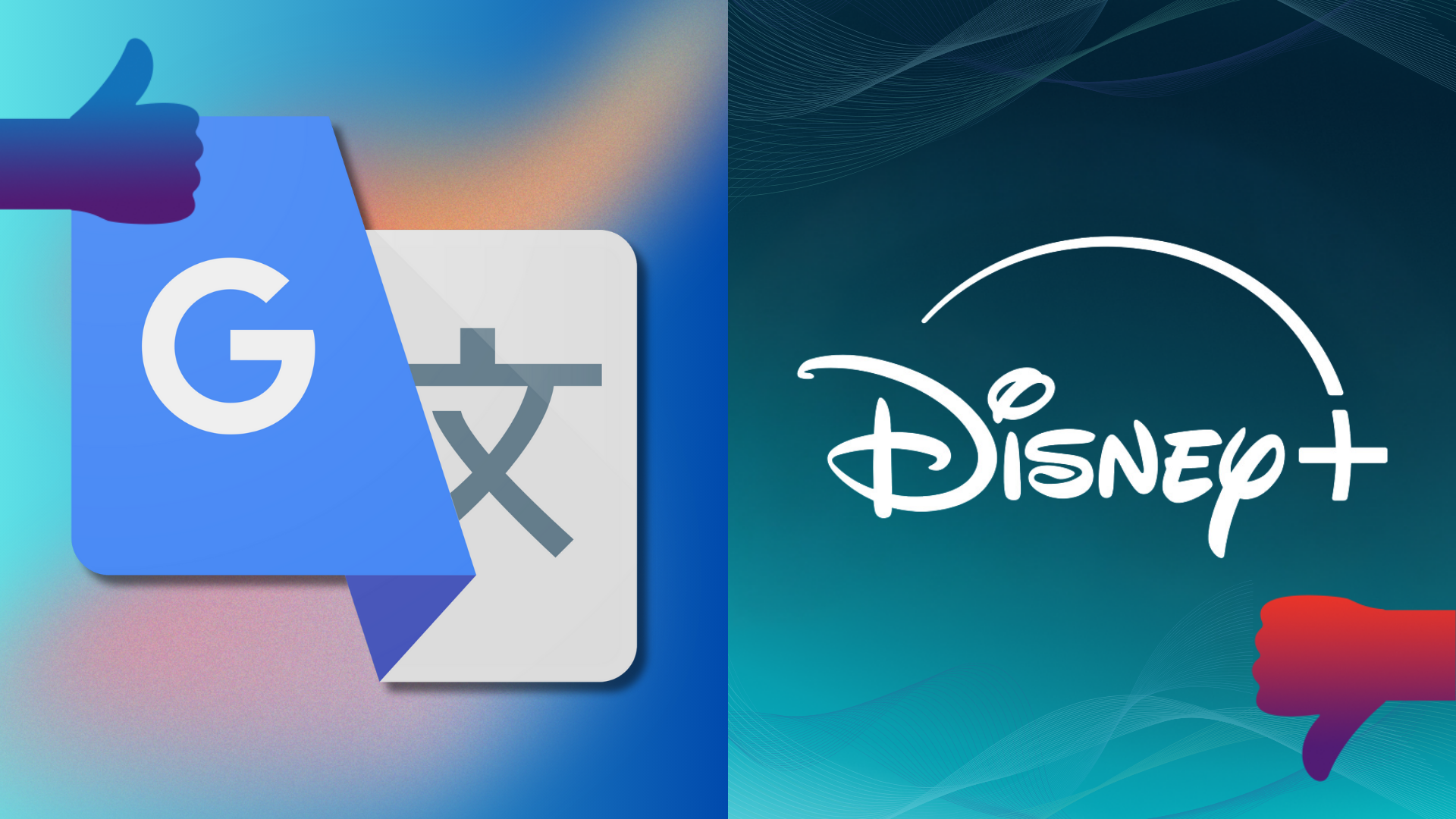Sound and Vision: Inclusion and diversity makes for better TV

OPINION: The latest edition of Outside the Box took place in the last (full) week of January, an event that spotlights issues within the British TV industry, the future of free-to-view television and the health of public service broadcasting.
It was filled with various interesting perspectives and ebullient takes on the current state of the market, but what echoed most was an industry trying to make strides towards inclusion and diversity that captures the spread of voices that live within these British isles.
I sat through three sessions during the event, the first was keynote conversation talking about the strengths of the public service broadcasting market, the presence and impact of global streamers on the UK and the ‘voices’ (i.e., writers) behind UK productions. The second reflected on the contribution that public service broadcasting (PSB) offers to the UK in terms of our culture, economy and democracy, and the third was about diversity, equity and inclusion.
Despite the third being specifically about diversity, all the sessions touched upon it in some way, whether that was where ‘talent’ originated from, the type of appeal PSB needs to reach audiences or inclusion – and all of it seemed to hit the same point, the more of it we have, the better shape the industry will be in.
It’s a point you won’t find me quarrelling with. In fact, it’s an argument that seems so obvious to make that I almost think it doesn’t need to be stated. Britain is not what it was in the 1950s, it’s grown and changed (not always for the best), but the faces you see on the street are more diverse than what older generations would be used to, and as such, the type of content created for the UK has to reflect it. That’s not to say that content has to have a broad, homogenous appeal – it can burrow down and be specific to region and culture, and in doing so public service broadcasting can speak to an audience that would bypass streamers such as Netflix, Prime Video and Disney Plus, whose scope tends to lean towards a more global perspective.
A point well-made by playwright and screenwriter James Graham is that you wouldn’t necessarily see his Midlands-based drama Sherwood and the topics that series explores being commissioned by Paramount Plus. Its story, which looks at the very specific culture identity of Nottinghamshire and Leicestershire, would probably be lost on a global audience.
Recent years have seen de-globalisation become a growing concern as countries look within themselves rather than outside of their borders, fueling a sense of nationalism – not always in a bad sense – but in putting more of focus on homegrown talent. Britain has always been excellent at the cultural arts, whether it’s producing creatives, managing production or having the facilities to do it on a large scale, but we’ve never been good at retention as people seek better opportunities in the US, and diversity has always been an issue in the stories we tell and who we they’re about.
That looks like it’s changing as the face of the British TV industry is not the same one printed over and over but a wide range faces from different backgrounds. Why else would Digital UK, the company behind Freeview and Freesat, recently change its name to Everyone TV?
Culturally, Britain is much more complicated than it’s probably ever been, and the TV shows we produce, the ones that reflect our cultural identity, should be indicative of that as it’ll bring newer ideas to the table and bring more must-watch content to the forefront.








